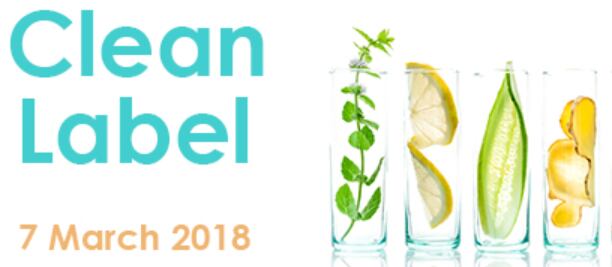Demand for so-called ‘clean label’ food products continues to rise in Europe. Ingredients companies are focused on delivering clean label solutions, while finished food manufacturers are eager to point out the removal of artificial ingredients. For their part, consumers are paying more attention to the ingredients list than ever before.
However, there is currently no single definition of what ‘clean label’ actually means. According to Dr. Daniele Asioli, lecturer in consumer studies, applied economics, marketing and development at the University of Reading, this situation presents the food industry with a challenge to communicate clean label values. There is also a risk that, without a common understanding of what a clean label is, consumer trust could be inadvertently undermined.
While the food industry is typically sceptical of increased oversight, Dr. Asioli told FoodNavigator that regulation of the term could actually benefit food makers.
“A clear definition of ‘clean label’ as well as regulation would help the trend towards clean label, free-from and natural food products categories in a similar way as the certification and regulation has supported the market of organic food products. These regulations would help food industry to develop (for example, know which ingredients or additives can be used to develop certain products) and communicate the clean label in a more transparent way, which also avoids [the risk] that consumers are misled in anyway.”
Understanding demand
As the food industry continues to focus its product development efforts on cleaning up the ingredients list, Dr. Asioli believes it is important for a definition of clean label to evolve from an understanding of purchase motivators.
Dr. Asioli, the lead researcher in a recent paper - 'Making sense of the 'clean label' trends' – suggested that a variety of different factors motivate clean label purchases but that it frequently boils down to perceptions of health.
“There is a broad diversity of drivers that motivate consumers in buying food products with a clean label,” he noted. “Intrinsic and extrinsic product characteristics seems to play a major role, as well as socio-cultural factors. More specifically, “health” seems to be the main driver in its different forms (i.e. healthiness of the product, health claims on the package or health concerns of the consumer). In addition, the high prices and costs of purchase are relevant factors.”
Dr. Asioli noted that the structure of factors that determine consumer preferences for clean label differ between organic and natural versus products that make claims to be ‘free-from artificial additives and ingredients’.
He elaborated: “Sensory properties have not found to affect consumers’ preference for products that claim to be free-from additives, while they affect both organic and natural food products.”
Barrier to communication
While the lack of a common understanding of what a clean label product is in itself represents a barrier to consumer communications, Dr. Asioli also noted that it is “difficult” to say how the food industry can rectify this issue and communicate more effectively.
In particular, he suggested further research is needed into how much information consumers actually require about a products’ ingredients and the impact that this will have on purchase intent.
“If you ask consumers if they want more details, I think that they will say “yes”. But, which specific information really affects consumers’ decision-making? Simply providing more information does not necessarily lead higher purchases.
“More studies are needed to understand which and how much information consumers really care about when it comes to clean labels and to what extent this information affects their decision making.”

Dr. Asioli is joining our roundtable discussion on future clean label trends, part of our online conference drilling down on clean labels this Wednesday (7 March).
He will be debating the evolution of clean labelling alongside experts Dr. Sophie Hieke of the European Food Information Council (EUFIC), Erin Boyd Kappelhof, managing partner of Eat Well Global and Wissame Essabri technical research & development consultant with Leyton.
Click here to find out more and register for the free webinar.
Source: Food Research International
'Making sense of the "clean label" trends: A review of consumer food choice behavior and discussion of industry implications.'
DOI: 10.1016/j.foodres.2017.07.022
D Asioli, J Aschemann-Witzel, V Caputo, R Vecchio, A Annunziata, T Næs, P Varela
